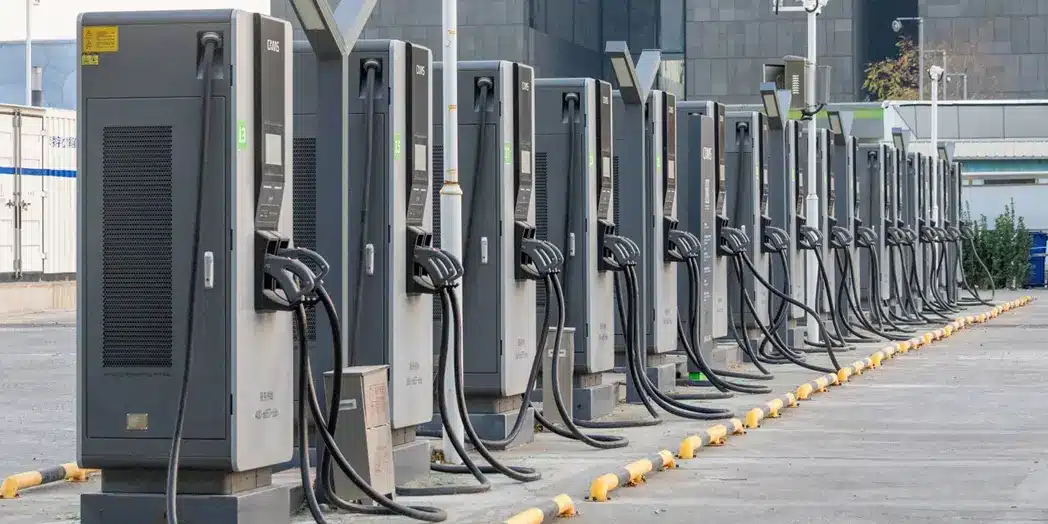The UK government is preparing to introduce sweeping changes to the planning process for electric vehicle (EV) charging infrastructure, aiming to accelerate the rollout of hundreds of thousands of additional charging points across England.
Under the Planning and Infrastructure Bill, set to be introduced in Parliament this week, businesses and local communities will no longer need council approval to install EV charging points. Instead, applications can be submitted directly to the Department for Transport (DfT), significantly reducing administrative delays and costs.
Addressing the EV Charging Gap
The proposed measures come as part of a broader strategy to support the UK’s transition to electric vehicles, with the government reaffirming its 2030 ban on new diesel and petrol car sales. The UK has set an ambitious target of 300,000 EV charging points by 2030, yet current figures indicate that only 75,000 chargers are in place—a 32% increase from last year, but still far from the goal. The distribution of these chargers also remains uneven, with nearly a third located in London, leaving many rural and suburban areas underserved.
By removing lengthy approval processes and costly licensing fees, the government aims to expand the charging network more efficiently, ensuring accessibility for drivers across the country.
Reducing Costs and Speeding Up Approvals
Currently, installing public chargers involves complex street works licensing, requiring multiple approvals that can take several months and cost charge point operators between £500 and £1,000 per application. The new legislation is expected to streamline this process, cutting red tape for businesses and local authorities and reducing costs associated with infrastructure expansion.
By fast-tracking EV charger installations, the government hopes to stimulate economic growth, create high-paying jobs, and enhance the UK’s clean energy transition. The reforms are expected to benefit urban and rural communities alike, ensuring that charging availability keeps pace with the rising adoption of electric vehicles.
As the UK moves closer to its 2030 goals, these planning reforms could play a crucial role in making EV ownership more practical and convenient for drivers nationwide.



